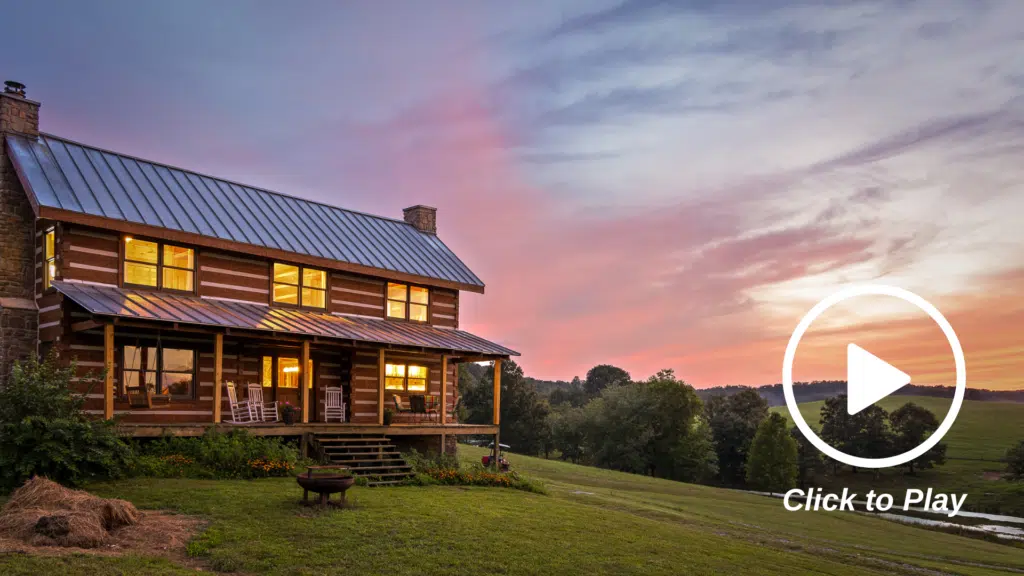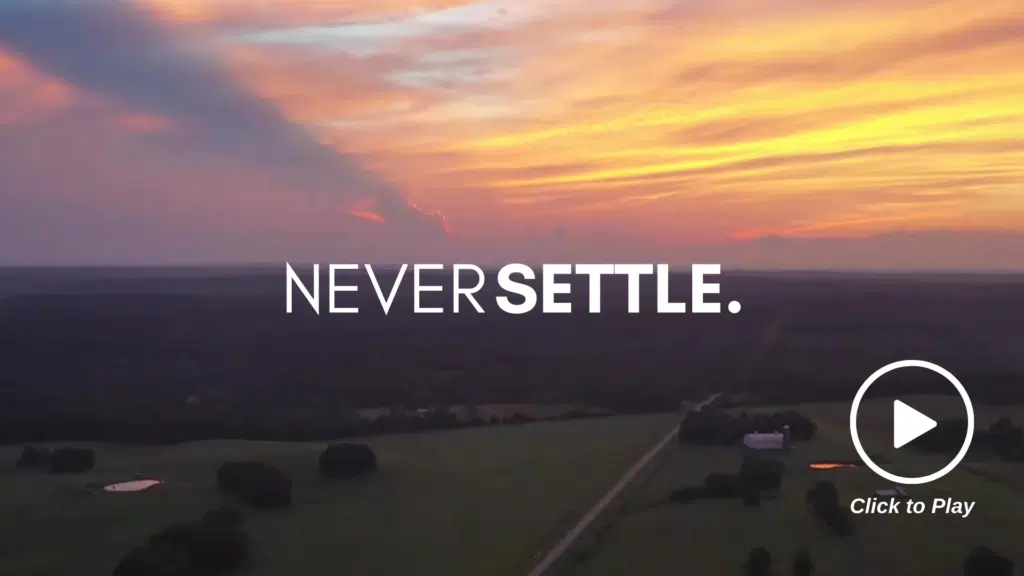Conservation Easements 101: The Basics and Benefits of Conserving Land
Kat Szymanski and Todd Henon Properties Realtor, Rhey Houston • 11 Oct, 2022
As a landowner or prospective buyer of land, you have many choices for how you might handle your land as an asset. For instance, you could hold your land for future appreciation, or you could contribute additional capital and expertise to develop the property into a commercial or residential enterprise. One other less obvious alternative might be to consider conserving the property and enjoying the benefits associated with this unique property vision.
Understanding the costs and benefits associated with each of these choices could significantly benefit you and dramatically enhance your long-term property outcome.
A conservation easement could be a large factor in whether you decide to purchase land real estate, or it could hinder the sale of your property sometime in the future. That said, there are potential tax benefits associated with conservation easements, as well as substantial benefits for the public.
What is a Conservation Easement: An In-Depth Look
The concept of conservation easements is easy to understand at first glance — it’s simply a set of restrictions on a piece of land designed to ensure that the historical or conservation value of the land is protected. However, while the concept is simple, how conservation easements work is a bit more challenging to discern.
Many parcels of land often include areas that a conservation agency or private land trust wishes to preserve for either historical value, conservation value, or both. The conservation easement is the agreement between the landowner and the agency or trust that defines specific terms regarding the protected areas.
While each conservation easement can vary based on the particulars of the specific property, common easement terms typically include:
- Limitations regarding development on the property
- Protection for the property’s natural resources deemed essential to the conservation of the land
- Limitations on mining, grading, blasting, or dumping on the property
The exact terms can often be negotiated between the conservation group and the landowner. However, the conservation easement that is created will then apply to all future buyers of land real estate on which the conservation easement exists. This ensures that the land continues to be protected, regardless of ownership.
Donating Land for a Conservation Easement
Owners of land real estate may be approached by a private land trust or conservation agency that wishes to protect some or all of the land. If no conservation easement currently exists, the landowner does not have to donate the land to the conservation group. However, there are often benefits to doing so, which is why many conservation easements are created each year.
In fact, the number of land conservation easements in the United States is now larger than the number of national parks, forests, and state parklands. The USDA and private landowners have partnered to enroll over 5 million acres of wetlands, grasslands and prime farmlands in conservation easements. These easements serve to protect many scenic, historical, and biological resources.
When a landowner donates land to a conservation easement, they still retain ownership and control of the property and can determine who has access to the property. The conservation agency is simply responsible for enforcing the terms of the agreement reached between the two parties.
Benefits of Donating Land for a Conservation Easement
Conservation easements often serve to make a positive difference in many communities by providing a protected area that may supply clean water, productive farmland or forests, thriving wildlife habitats, or even just some lovely scenic views. Each conservation easement is often created to fulfill a specific purpose. The majority, however, are usually meant to help maintain and protect ecological communities and wildlife. Conserving land is also an important factor in helping to combat climate change, as well as preserve historic areas and legacies.
While many landowners see the value to the surrounding communities and the environment by conservation easements, federal or state tax benefits are often a key factor in the decision to donate land.
The landowner that donates land to a conservation easement is entitled to an income tax deduction for the value of the land. Typically, a real estate appraiser will determine the land’s value and easement’s value. The donation of the land counts as a charitable gift which must be reported to the IRS. It should be noted that while land with a conservation easement is taxed at a lower value, any existing buildings and structures currently on the land are taxed at the standard rate.
The donation of land also affects the tax valuation of the property as a whole, which can significantly lower the estate tax that may be due upon the donor’s death. Additionally, estate tax exclusions may also be allowed under certain circumstances. And, depending upon the state in which the conservation easement exists, reduced property taxes might also be applicable.
In Conclusion
Creating a conservation easement is a process. As a landowner, you don’t necessarily have to wait for a private land trust or government conservation agency to come to you. You can contact agencies of your own accord and state your intent to donate land. This serves the dual purpose of enabling you to benefit from tax incentives and protect the beauty of your land for future generations.
If you are interested in purchasing land real estate, be sure to inquire whether any conservation easements currently exist on the property you are interested in. If you have a specific purpose for the land you want to purchase, easement restrictions may prevent you from doing so.
A first recommended step would be to consult with a land consultant who has the expertise and experience to help you successfully navigate this process.
Never Settle. Let land expert Rhey Houston, who has participated in conserving 10,000± acres, and Chattanooga’s 1st Accredited Land Consultant, Todd Henon, serve you.
A special thank you to Kat Szymanski for allowing us to share this article.
Realtor TN, GA
Realtors Land Institute, TN
Conservation Specialist
Broker-Realtor TN, GA, AL
Chattanooga’s 1st Accredited Land Consultant
Realtors Land Institute, TN








